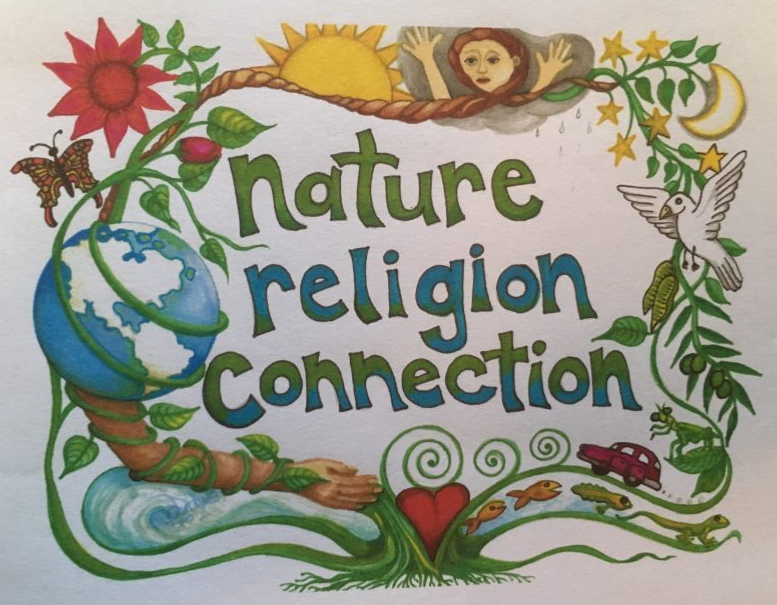
The “meaning” in life lays in its information. “Meaning” is a strange kind of ‘thing’. It is better to say that meaning is a relationship of things, rather than to say “meaning” is a kind of thing itself. That is a big part of the confusion about “meaning”. Meaning takes up no space and has no mass of its own. We do not “have” meanings like we have kidneys. The firing of Neurons does accompany a meaningful experience, but they are not that experience itself. Yet, all this does not make “meaning” supernatural nor any other kind of superstition. This post –and the following two– seek (yes, “goals” do really exist) to give meaning and information a place in The Universe.

“Meaning” is for living things, but especially for Persons. To us “meaning” is that strange but ever present ‘thing’ that is very individual and private, but also very social and public. It can be trivial or deeply profound; this we seem to agree. “I like broccoli, but you do not” is a good example of this vegetable having a meaning to us that is both trivial and individual. On the topic of broccoli, we do not much care how others find it. A “stop sign” is also a rather trivial example of meaning,



but it is very public and not the least individual. You do not get a license to drive if you don’t agree that that sign means: “You, STOP!” There is nothing deep or controversial about it, and we insist that we all “get it”.
On the other hand, a religion and a career are often taken to be profoundly meaningful. They serve as a focal point around which an individual organizes their own life but also with significant implications for others. A doctor, a nurse, a lawyer, a priest, a married couple all take oaths or vows to preform their duties according to explicit standards on how they must conduct themselves in relation to others.

The political institutions of a nation have proven themselves, now and in the past, to be highly meaningful. Generally, massive groups of people are coordinated and their lives formed (in-formed) through political, religious and occupational institutions. The life of a peasant is significant to recall in this sense.
Language is probably the best test case for “meaning” as a peculiar but vital kind of ‘thing’. It exemplifies the above claim: Meaning is an organization of things, a form of interaction of them, as much as it is about the things that are so arranged. Take gibberish; we all can distinguish gibberish from meaningful statements at the extreme. “Xriimsqyl” is pretty obvious gibberish; it breaks too many standard forms. But what


about “shuttlecock” or even better, “Twas brillig and the slithy toves did gyre and gimble in the wabe.” In this last sentence the poet and mathematician Lewis Carroll preserves all the conventions of language (its forms) and yet it says nothing real, but seems to.
Some will object and say, ‘But language is about training, it’s not about meaning; we are each trained to speak our language and then precede to do so.’ And that is true; we are all trained in the standard forms of language–its grammar, its conventions, its current trends, its jargon—And Then WE GO ON TO SAY THINGS THAT HAVE NEVER BEEN SAID BEFORE, and despite the novelty of these statements, they are often understood by others.
“Meaning” is the consistency of Form that bridges the gap between the old and the new, the traditional and the progressive or regressive. New things arise from the use of Information, and by those standards of meaning, this novelty is also evaluated as to its worthiness by others. Meaning is the mutual occurrence, the essential togetherness, of “the private” and “the public”, “the individual” and “the social” (see Dose 7). Novelty starts individually and privately and then has the opportunity to become available to the group, thus become a “standard form”. For socialized and reasonably responsible humans — Persons — meaning is the “sharing of notes”, so to speak, about what our existence is “like” and is “about”. Meaning is a matter of Reference and Representation; it “looks out on the world” and interprets it as “Our World”! In this way, Persons negotiate “our take” on ourselves and our world, and create shared representations and the meanings for our life.

We Act According to Our Information: Two Examples

Hippocrates, “The Father of Medicine. Removed the treatment of illnesses from the hands of the priests, and directed it to a more beneficial Information. Established naturalized principles for the cause, treatment and description of illnesses. Professionalized medicine with the founding of its first “school” that adopted these principles as a code of conduct for Physicians.
As much as medicine has done, more so it is a way of doing: a way to create a more useful and satisfying meaning for disease, with principles of behavior for its practitioners and participants.. It is an ethic: Primum non nocere: “First do no harm.”




(



